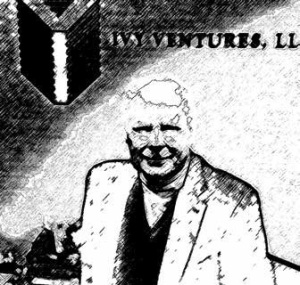From the March 2015 issue of HealthCare Business News magazine
By John W. Mitchell
J. Stephen Lindsey, FACHE, led one of the most profitable hospitals per bed in the country in the 1990s — HCA Henrico Doctor’s Hospital (HDH) in Richmond, Virginia. He took that institution from a struggling community hospital, barely making $1 million a year pre-tax, to a 420-bed powerhouse with a kidney and heart transplant program, with pre-tax earnings of $60 million a year. Lindsey also co-authored the just published book, “Take Charge of Your Healthcare Management Career: 50 lessons That Drive Success.” HealthCare Business News spoke with him to learn what makes for successful leadership.
HCBN: What is the most important factor in predicting the success of a health care organization in today’s world?
JL: Leadership is more important than ever because health care is becoming more difficult to manage. There is significant change occurring, such as the switch from fee-for-service to value-based purchasing, which is reliant upon new working relationships between physicians, nurses, patients and administrators.
HCBN: What attributes make a leader successful in this time of such shifts in health care delivery?
JL: Integrity is the most important. People need to be very clear on what values guide you. Values can be both good and bad. For example, I remember a student in my class who was perpetually late turning in assignments— he always had an excuse. I told him that he was developing a reputation for being unreliable. Imagine what kind of leader he would be if he learned in his MHA program that this behavior was acceptable. All health care administrators need to be familiar with the Code of Ethics of the ACHE (American College of Healthcare Executives).
HCBN: What other values will be essential for successful health care leaders?
JL: A good leader has to take charge of himself as well as others. Another important skill is learning to have critical conversations. We also discuss the importance of identifying the right problem or opportunity to get results, as well as being comfortable with change and disruption. A good leader learns these skills with the help of good teachers and mentors.
HCBN: What type of background, experience and training set the stage for success?
JL: I advise young executives to organize their career into three parts: manage yourself, manage your job and take charge of your career. Each of these has a separate list of skill sets. For example, in managing yourself it’s important to develop the ability to speak and write well and learn how to persuade an audience. It’s also vital to get comfortable with risk, build reliance, learn time management and how to anticipate and prepare. But the interpersonal side is important too. These skills include adopt/appreciate practices and being interested in others.
